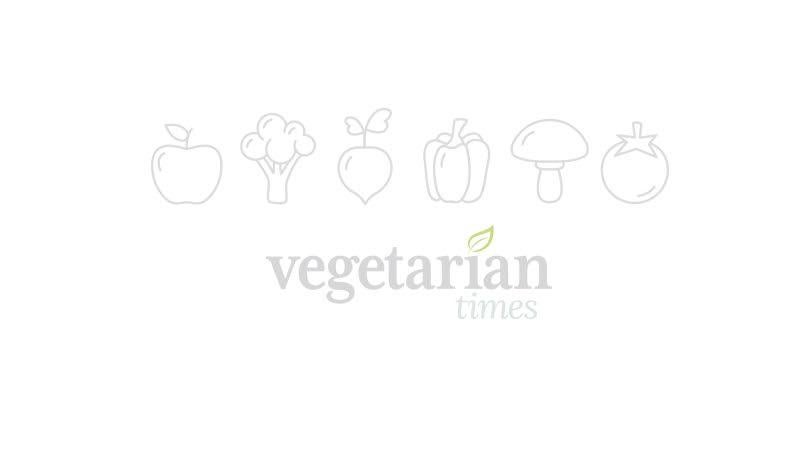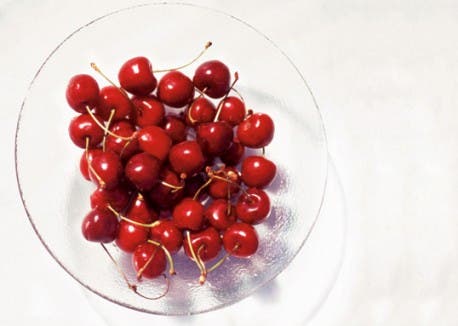Should Fruit Only be Eaten on its Own ?


Packed with fiber, vitamins, and disease-thwarting antioxidants, fruit is undeniably important to overall health. Yet, some health advocates believe that to fully reap the benefits of fruit, you should eat it with no other foods. But don’t stop adding berries to your morning oatmeal just yet.
Food combining, a nutritional philosophy known as trophology, holds that fruit is best eaten separate from other foods, because when fast-digesting fruit is consumed along with food containing starches and proteins, its digestion is hindered, leading apples, grapes, and their ilk to ferment in your gut, which contributes to a range of digestive woes (such as bloating, indigestion, and gas). On the flip side, when fruits are eaten on their lonesome—at least an hour before or after a meal—your body can more easily access their nutritional bounty, leading to improved energy and weight loss.
True? Yes, different foods do digest at different speeds, according to Sharon Palmer, RDN, author of Plant-Powered for Life, but there is a dearth of scientific evidence to support the practice of segregating fruit from other edibles. “A healthy digestive tract has all the necessary enzymes needed to properly digest fruit and release its nutrients in a timely fashion,” Palmer says, “whether or not other starches, proteins, or fats are present.”
In other words, the human digestive tract is efficient at digesting mixed meals. What’s more, she says, gas is produced by bacteria working on food in the colon—not the stomach. “So even if fruit is lingering in your stomach, it has little relevance to gas production.”
As for the purported weight loss benefits of carefully matching your food intake, an International Journal of Obesity study found no evidence that a food-combining diet was any more effective at bringing about a slimmer waistline than a typical balanced diet.
Our Favorite Fruit Combos
When it comes to good nutrition, science shows that these combos provide an extra boost.
Blueberries + Yogurt
Antioxidants in blueberries and the vitamin D found in the cultured dairy appear to team up to bolster immune health. For an immune-friendly snack, top plain Greek yogurt with blueberries and chopped nuts.
Orange + Beans
Citrus fruits, such as oranges, are rich in vitamin C, which helps increase absorption of the plant-based iron found in beans. Try black bean tacos topped with an orange salsa.
Strawberries + Dark Chocolate
Antioxidants in these foods react synergistically with one another, creating an antioxidant punch not available when consumed separately. Stir chopped strawberries and dark chocolate into hot oatmeal.
The Reality
If you find eating fruit solo is better for your digestion, there is no harm in continuing to do so. Ultimately, the more pressing question for a healthful diet is how much fruit you eat rather than when you eat it. Aim for at least 2 cups daily.
Canada-based Investigative Nutritionist Matthew Kadey, RD, sets us straight on misleading nutrition claims.